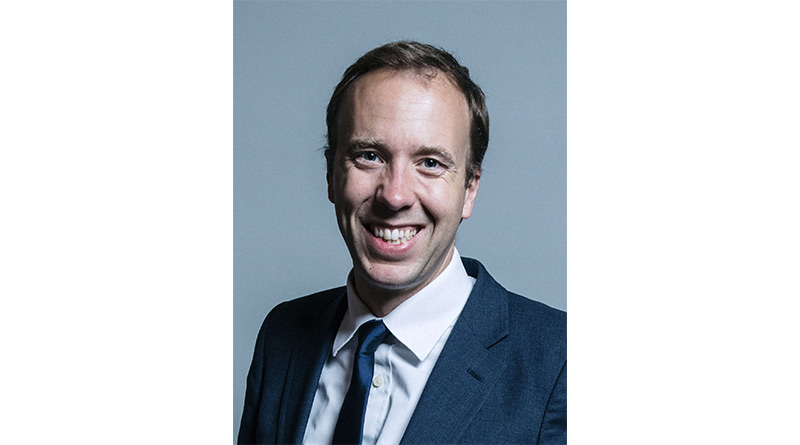£62m To Help Discharge People With Learning Disabilities And Autistic People Into The Community
- Funding will be given to local councils to accelerate discharge of patients with learning disabilities and/or autism from mental health hospitals into the community
- The funding can be spent on costs associated with discharge, including establishing community teams, funding accommodation and staff training
- A new independent Oversight Panel has been set up to improve care and support for inpatients with learning disabilities and/or autism
People with learning disabilities and autism who could be better supported in their community will have their discharges from hospital accelerated thanks to a £62 million grant announced today.
The Health and Social Care Secretary Matt Hancock has called for a renewed focus to ensure people with learning disabilities and/or autism are discharged promptly from hospital back into the community.
Additionally, last year the Health and Social Care Secretary asked Baroness Hollins to oversee the independent case reviews for people with a learning disability and or/autistic people who were identified as being in long term segregation. The reviews have made recommendations in each case to support moving people to less restrictive settings as quickly as possible.
Baroness Hollins has now appointed an Oversight Panel, which will examine findings from these reviews and develop recommendations to the Government.
Health and Social Care Secretary Matt Hancock said:
“Far too many people with learning disabilities and autistic people remain in hospital when they could receive better suited support in their communities, closer to their homes and loved ones.
“So, I am delighted this new funding will help local authorities to support discharges into the community more quickly for people with learning disabilities and/or autism.”Minister for Care Helen Whately said:
“People with a learning disability and autistic people should have the best possible care, and I am determined to put an end to the health inequalities they too often face.
“Few of us would choose to remain in a hospital bed when we could be receiving better care in our own community – this funding will speed up discharge from hospital wards making a real difference to people’s lives.
“I’d like to thank Baroness Hollins for her important work overseeing independent case reviews of those in long term segregation and look forward to seeing her recommendations.”
Named the Community Discharge Fund, the funding will help to move people with learning disabilities and autistic people into more appropriate care, either into less restrictive settings or into the community, where appropriate.
The Fund, split over three years, will give local authorities additional money to remove some of the obstacles to discharging inpatients. The new funding will help to cover ‘double-running’ costs such as establishing community teams, funding accommodation and staff training. Local authorities and Transforming Care Partnerships will be able to use the funding on the most appropriate measures for their area.
This funding is on top of a total of £3.7 billion given to councils to support their response to the pandemic. This is a significant package of support which responds to the range of pressures councils have told us they are facing.
The Oversight Panel will make recommendations to transform the care and treatment of people with a learning disability and/or autism and prevent unnecessary admissions and the use of restrictive practices in future.
Baroness Hollins said:
“Since November I have been reviewing all of those instances when people with learning disabilities and autistic people have been detained in long-term segregation. I have now appointed an Oversight Panel to assist me in understanding what I have found out, and in making urgent recommendations to the government. Our aim is to prevent the use of seclusion and restraint in future.
“Supporting people to live well in their own homes would be the best outcome. In some circumstances people’s mental health may require a short admission for specialist assessment and development of an evidence based treatment plan, but the majority can and should be able to receive expert mental health treatment and support in the community.”
The independent reviews have made recommendations to improve individual cases and outlined steps to move individuals to less restrictive settings and onto discharge, which will now be considered by the Oversight Panel.
The panel held its first meeting on 29 June and will continue to meet throughout the summer to develop its findings and recommendations. It is made up of clinical, psychological and commissioning experts as well as those with a lived experience, including family members and advocates.
Cllr Paulette Hamilton, Vice Chair of the Local Government Association’s Community Wellbeing Board, said:
“Councils want to do all they can to support those with learning disabilities and/or autism to return to and be supported in their local communities.
“This funding will be helpful for councils in ensuring the discharge process is speeded up and safe, while following the person throughout their treatment.
“We look forward to seeing as many people return to their homes and communities as possible.”






